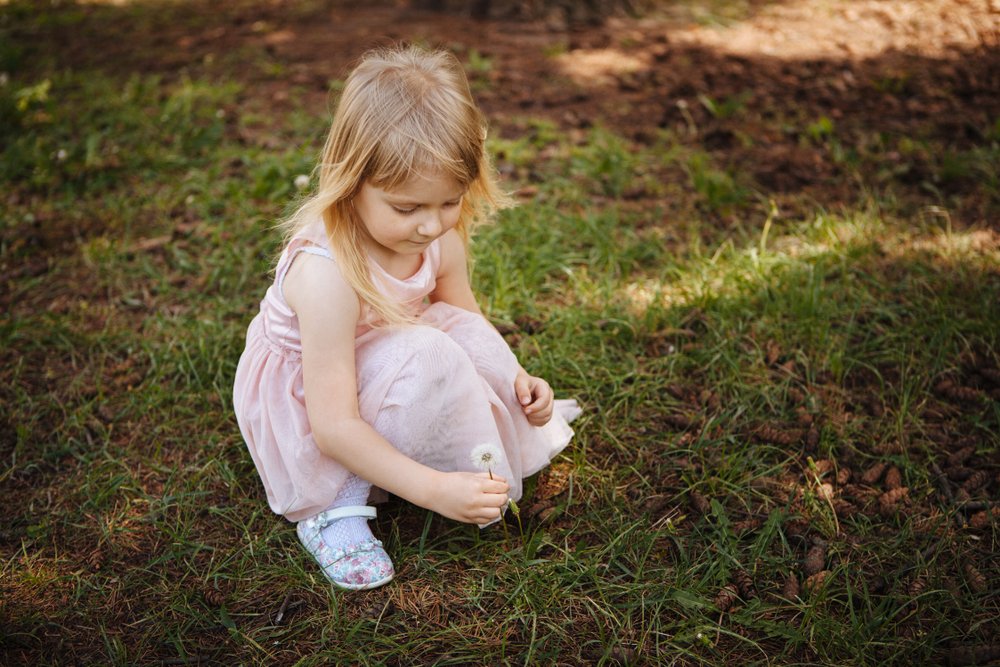Key points:
- Early childhood exploration is key to learning, but parents may unintentionally restrict their child’s learning due to safety concerns or apprehension.
- Parents should avoid using words like “don’t,” “no,” and “stop,” and instead use positive language like “careful” and “move to the right.”
- To help children explore, parents can encourage crawling, art projects, dancing, nature walks, playing with different toys, and teaching magic tricks.
- Parents should have fun with their children and allow them to color outside the lines to foster a flexible mindset.
We learn when we experiment, and during early childhood exploring new environments and having a chance to understand them is key to learning. When you are a parent, you are responsible for your little one’s safety and sometimes you may forget you are also responsible for their learning. If a child stays curious, they will continue to explore and discover the world around them. This positive cycle of learning is fueled by curiosity and the pleasure that comes from discovery and mastery. In early stages, this is so important that we need to help our children discover everything around them!
However, at times, you might find yourself restricting your child’s learning without even noticing it. Maybe because they are making a mess that will be very hard to clean up or perhaps because you feel a little apprehensive when they are on the loose.
How to stop yourself from restricting them?
- Avoid words like “don’t”, “no”, and “stop!”. Instead, try using words like “careful” or just a simple “move to the right”.
- If you think what they are doing is dangerous, explain why. When you help them understand why they should stop or be more careful, you are also contributing to their self-care skills and fostering their independence and learning process.
- Try not to forbid.
- Analyze why you feel overwhelmed by some of their actions and try to overcome your fears.
How to help them explore?
- Let them loose: Let them crawl around the house freely, once it has been child-proofed. They will explore everything they find in their way by touching, grabbing, holding, etc.
- Art projects: If they like coloring, cutting, and pasting, making art can be a great way to explore new materials. Provide them with some cool paintbrushes or different kinds of fabric, this way they can experience new objects and textures.
- Dance: Let them move around and explore their body movements with different kinds of music. Research shows that music is a great way to create joyful experiences and foster a higher motivation to learn.
- Nature: Let them walk on the grass, pick some flowers, or interact with the animals you get to have contact with. If they have any questions, take the time to explain and solve their doubts. This is a great way to foster your little one’s problem-solving skills.
- Play: Give them different kinds of toys, so they can analyze how they work. If they move with wheels, fall, make sounds, etc. Manipulative play fosters your little one’s sense of exploration and new forms of communication.
- Magic tricks: Show them some magic tricks and allow them to explore the materials. They will love the element of surprise and start exercising their cause and effect abilities.
Remember to have fun with them and color outside the lines together! You can also help them develop a more flexible mindset by not restricting their surroundings.
Whole Child Parenting by The Whole Child Parenting Program was consulted.








